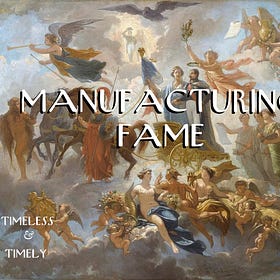
In 2021, we take dictionaries for granted.
They’re ubiquitous, either on shelves or (more likely) at the command of a few keystrokes to take us to dictionary.com or the home page of Merriam-Webster.
Can you imagine a time before the dictionary?
The printing press, advances in the mechanics of printing and binding, the development of paper that was affordable enough to be produced in reams — all of these changes meant books were in the hands of more people.
And with that came the need to understand the words they were reading. The world required a definitive publication (literally) to serve as a lexicon.
The Origins of the OED
So, in 1746, a group of London booksellers offered the influential and learned Dr. Samuel Johnson £1,575 (the equivalent of £250,000 today) to produce a dictionary. Dr. Johnson accepted and estimated it would take him three years; it took him seven.
But in the end, he had produced, singlehandedly, a masterpiece: a The Dictionary of the English Language was regarded as the preeminent dictionary until the Oxford English Dictionary came along 173 years later.
A remarkable achievement—no less remarkable than the man himself.
Related
The other recent editions from Timeless & Timely had to do with influence: “Manufacturing Fame” looks at our fascination with fame over greatness; and “From Celebrity to Creator” is a call to better educate ourselves before we go creating content.
Manufacturing Fame
“Two centuries ago when a great man appeared, people looked for God’s purpose in him; today we look for his press agent.” — Daniel Boorstin, 1961 When he delivered the Gettysburg Address, Abraham Lincoln self-deprecatingly said, “The world will lit…
From Celebrity to Creator
“Possessions, outward success, publicity, luxury—to me these have always been contemptible. I believe that a simple and unassuming manner of life is best for everyone, best both for the body and the mind." — Albert Einstein, 1931 Have you noticed how we seem to have turned a corner o…
But for my money, the more impressive story of influence regarding the dictionary has to do with the Oxford English Dictionary project. For it was a project, indeed.
It began in 1857 and took 70 years to complete, drawing from tens of thousands of brilliant minds. The work would ultimately organize our sprawling language, from its beginnings to the present day into 414,825 separate entries.
Along the way, an enthralling story unfolded that involved the lives of two men at separate ends of the effort.








